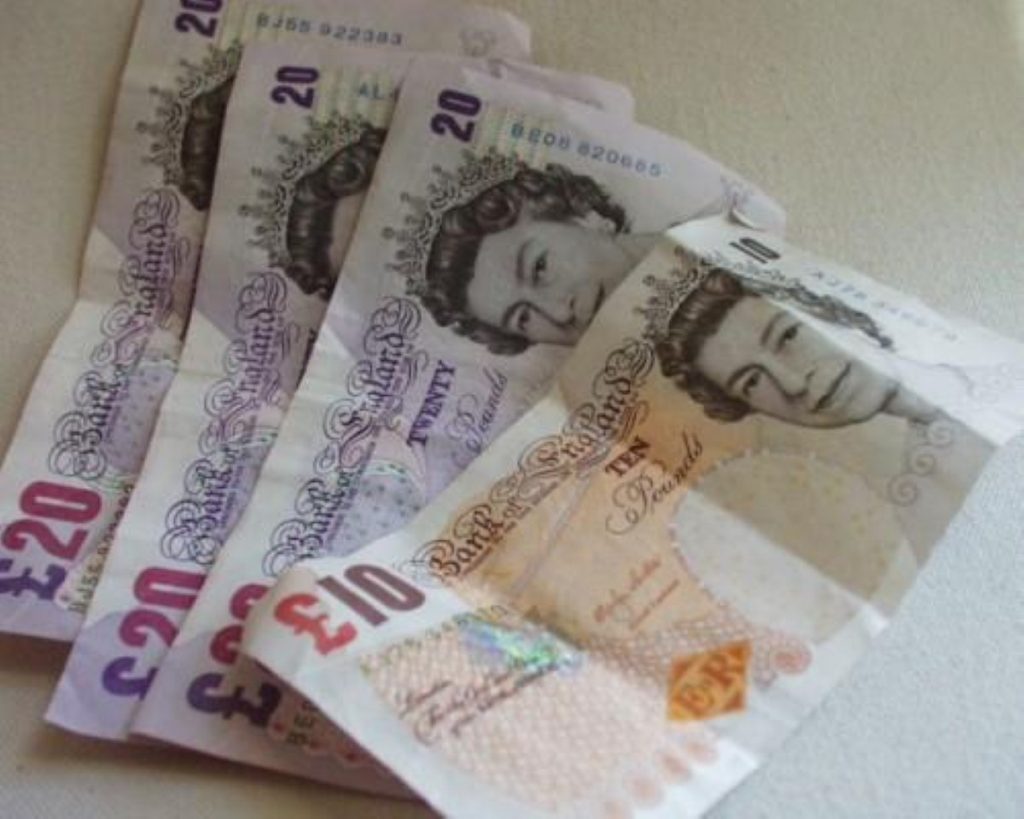UK debt hits one trillion
Today the Bank of England confirmed that the total amount of debt owed by the British people has hit the £1 trillion mark.
Total lending to individuals grew by £11.2 billion, 1.1 per cent in June. The three-month (annualised) growth rate of 14.3 per cent was unchanged from May while the twelve-month growth rate rose to 14.7 per cent from 14.6 per cent in May.
Britain has the highest level of consumer debt in Europe and debt charities are warning people to consider whether or not they can manage their debt burden if the Bank’s Monetary Policy Committee (MPC) continues to raise interest rates.
Rising borrowing has been fuelled by rising house prices, low unemployment and low interest rates.


According to the Bank of England, around 80 per cent of the UK’s personal debt is secured against houses, both in the form of mortgages and secured loans.
Liberal Democrat treasury spokesman, Vince Cable, urged the Government to promote saving rather than debt.
Dr Vince Cable, said: “British consumers have been on the biggest borrowing binge in history. The ratio of debt to income is at unprecedented heights, which are only sustainable if interest rates remain unusually low. 80 per cent of the debt is secured against house prices, which the Governor of the Bank of England and the IMF believe to be seriously overvalued.
“There is a fundamental imbalance in the economy which encourages us to borrow more. Supposed interest free loans, mortgages with flexible repayment schedules and credit card companies with lower interest payments are all ways of encouraging us to keep borrowing.”
He called on the Government to take action, saying: “Incentives placed by banks on employees to sell borrowing needs to be addressed so that employees do not feel compelled to give loans to those who may be unable to repay them.”
Next Thursday the MPC will announce this month’s interest rate status. The base rate currently stands at 4.5 per cent, and remained on hold last month. There are though some indications that the market may be beginning to cool. On Monday the Hometrack July survey shows a 0.1 per cent fall in average house prices across the country, with the number of sales falling by 1.8 per cent.
In a further sign that the market may be cooling, the survey showed a four per cent fall in new buyers and a rise in the average time taken to sell a house.












